“e” is Just as Important as Pi
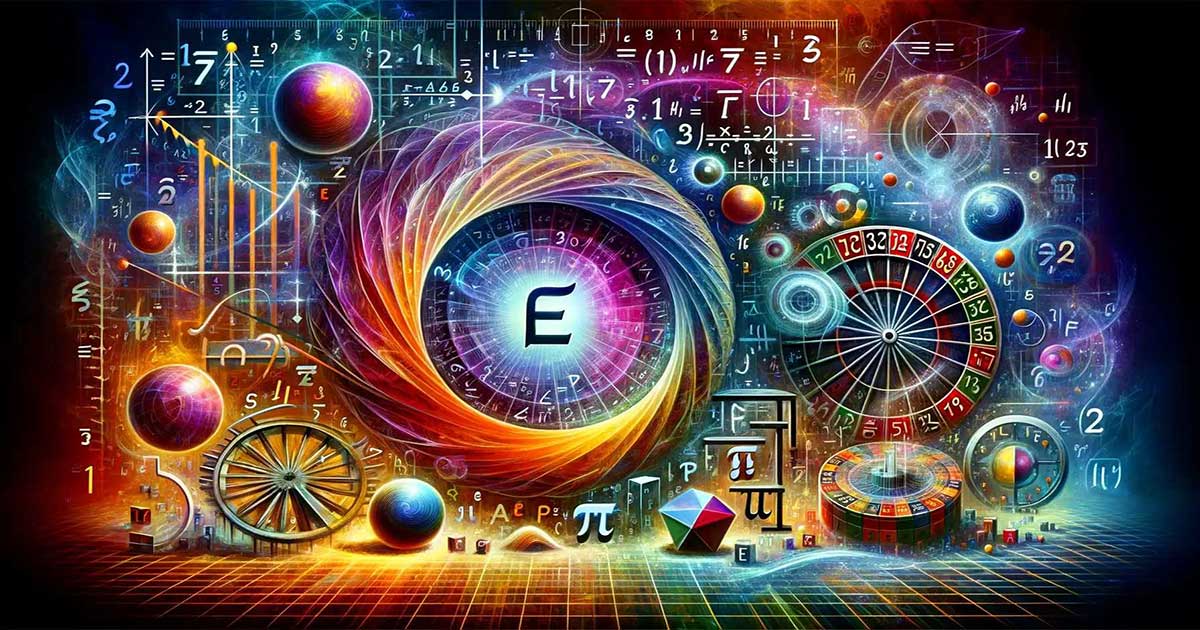
We all have heard of the famous mathematical constant Pi, but did you know there is another constant that is just as important called “e”?
Mathematics (Math) is the study of physical properties and measurable change, logic is a philosophy that uses mathematics-based reasoning. Logic can also apply non-mathematics-based reasoning (see section on logic in philosophy for all non-mathematics based logic).

We all have heard of the famous mathematical constant Pi, but did you know there is another constant that is just as important called “e”?

The claim that a game of chess has more possible iterations than atoms in the known universe is valid. While the number of atoms in the universe is incomprehensibly large, the possibilities in a game of chess are even more remarkable.
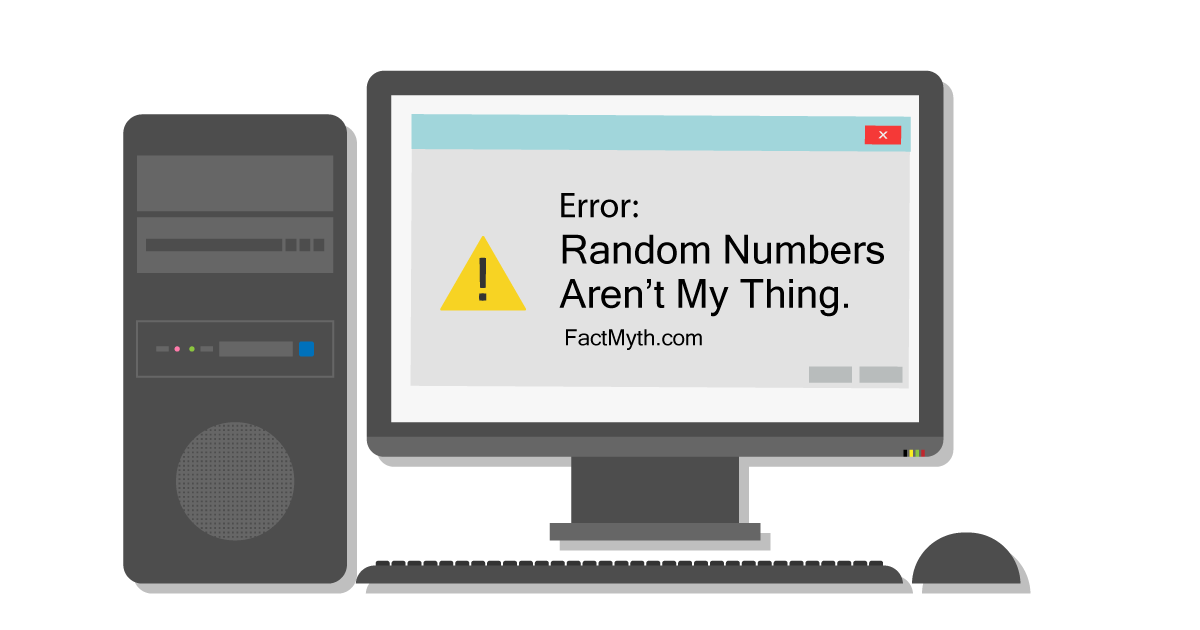
There is a difference between chaos and randomness, and it can be proved with mathematics. Chaos is deterministic, while true randomness is non-deterministic.
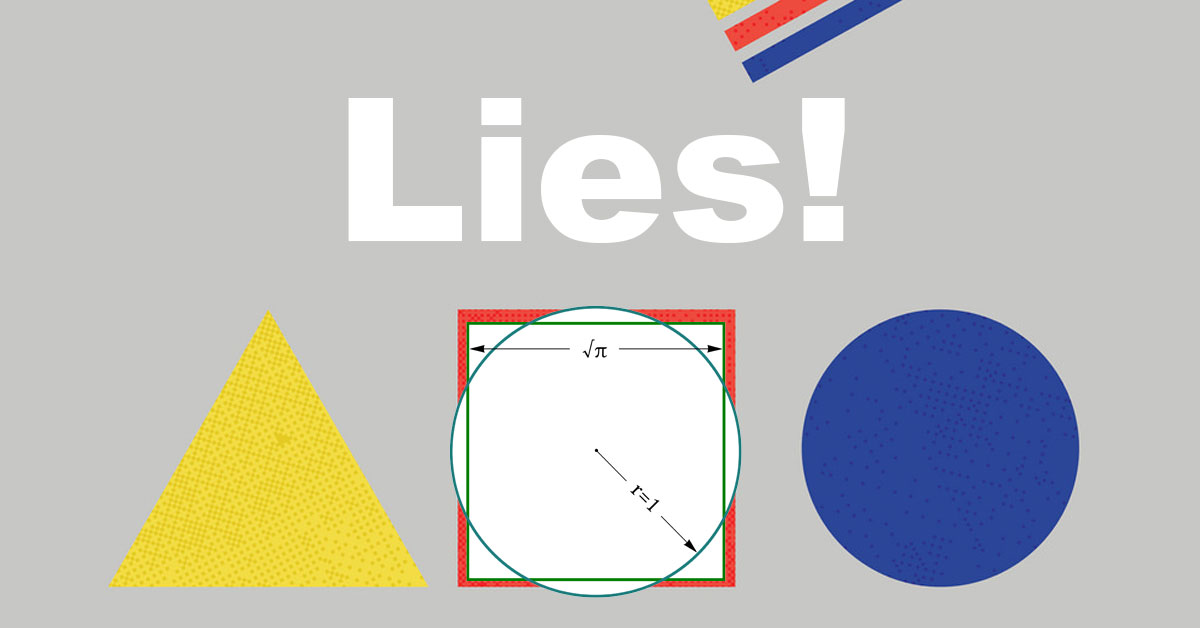
Straight lines and perfect circles don’t exist in reality, they are mathematical abstractions.

The term “computer” used to refer to humans who did computations (“computer” used to be a job description, not a machine).

There is no limit to the amount of times one can fold a piece of paper in half if the paper is large enough. However, because the thickness of the paper grows exponentially, a lot of paper would be needed to make more than 8 folds.

According to 2016 data, slot machines account for more revenue than all other casino games combined, and penny slots account for more revenue than any other casino game.
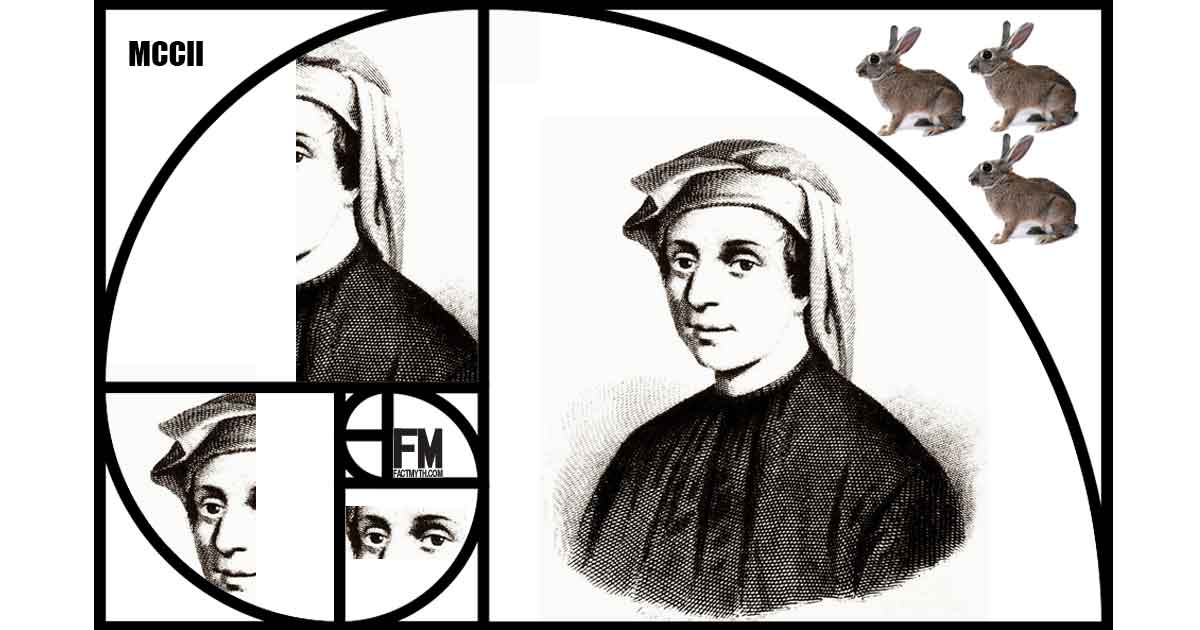
Leonardo Fibonacci introduced the modern decimal numeral system (the Hindu–Arabic numeral system) to Europe in 1202. Before this Roman numerals were used.

The law of large numbers says, the more instances of a probable event that are considered, the more the theoretical and actual results converge.
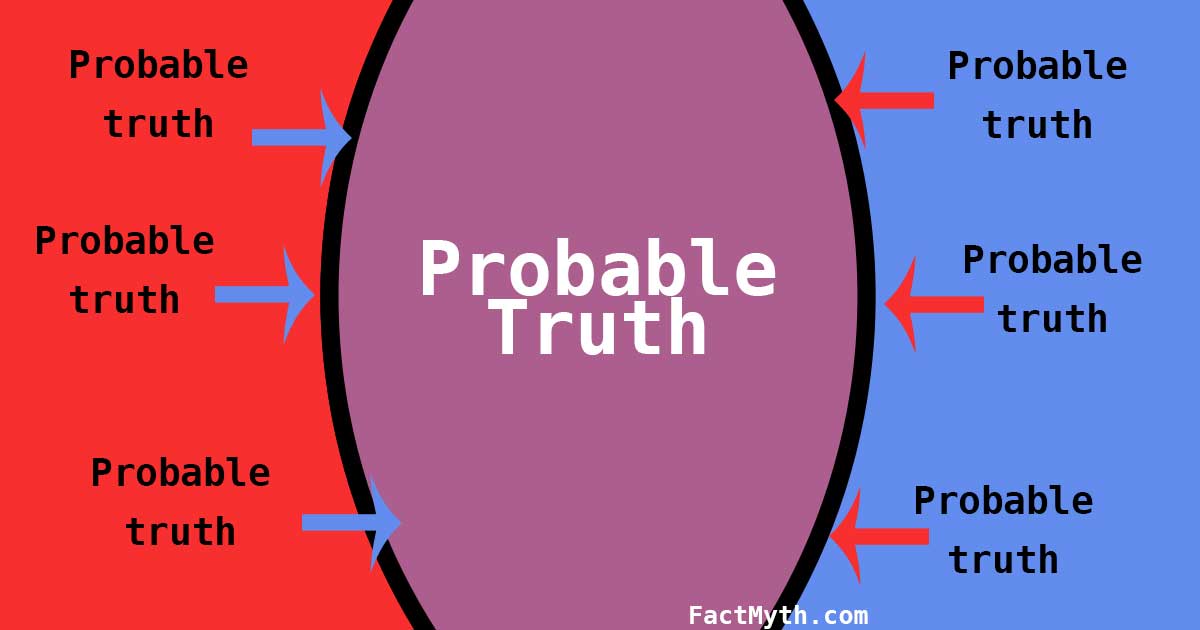
Blaise Pascal and Pierre de Fermat invented probability theory in 1654 to solve a gambling problem related to expected outcomes.